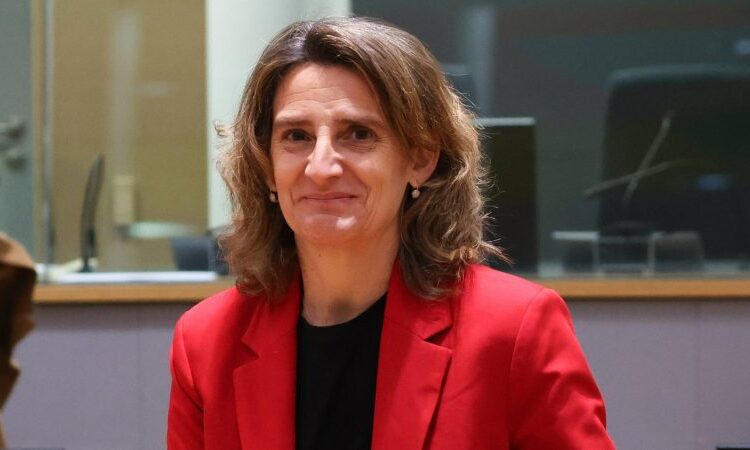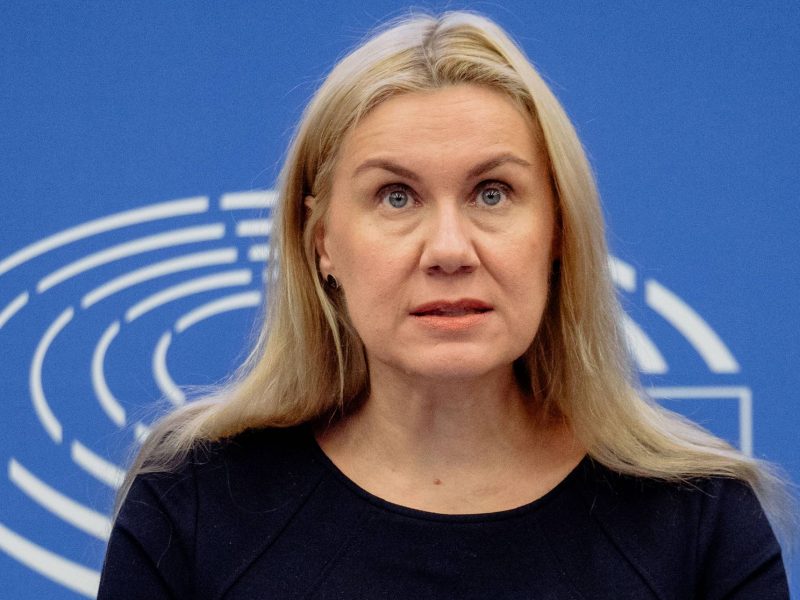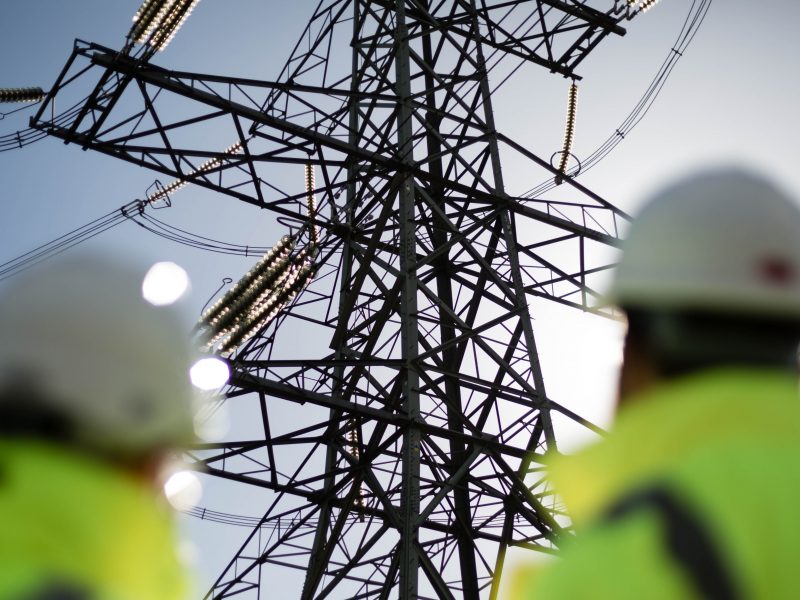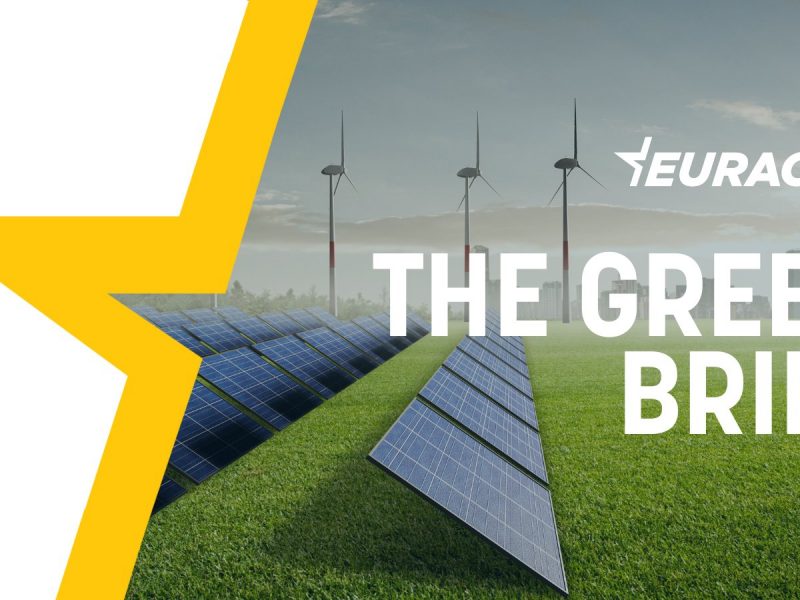
Spain will seek a deal on the EU’s proposed power market reform during its six-month EU Council presidency ending on 31 December, a less hurried timetable than that of the European Commission.
“I guess we should reach a political agreement during the Spanish Presidency by the end of the year,” said Teresa Ribera, Spain’s minister for ecological transition, at an event organised last week (28 March) by the Financial Times newspaper.
Ribera’s comments came after a meeting of the EU’s Energy Council in Brussels where the bloc’s 27 energy ministers debated the European Commission’s proposed electricity market reform presented two weeks before.
The Commission’s proposal seeks to lower electricity bills, which went through the roof last summer after Moscow turned off gas supplies to Europe in retaliation for sanctions imposed on Russia for its military aggression in Ukraine.
As part of the EU’s response, Brussels tabled a reform of electricity market rules that placed greater emphasis on long-term contracts with renewable energy producers, a move aimed at providing guaranteed revenues for investors and more stable prices for consumers.
“The current framework gives too much weight and importance to short-term markets,” which are “volatile by definition”, Energy Commissioner Kadri Simson, who opened the event with a video address, said.
Brussels wants new EU rules ‘in place before the winter’
The Commission is currently pushing for a rapid approval of the reform by the European Parliament and EU member states in the Council of Ministers.
The objective is to have the new rules “in place before the winter,” Simson said after last week’s Energy Council meeting, adding that she expected “a general approach” among EU countries to be agreed upon during the Swedish Presidency, which ends on 30 June.
But Ribera appeared less hurried on the timeline, saying she expected “a political agreement during the Spanish Presidency by the end of the year”, so that the new EU rules are in place in 2024 during the Belgian Presidency, ahead of the 2024 European Parliament elections.
Indeed, Ribera said Madrid would seek a deeper reform than what was contained in the Commission’s proposal, something that may require more time to agree on.
“We need to go much faster and much deeper than what we have on the table right now,” she told the Financial Times event, which was supported by Polish energy utility PGE. For instance, “there are things that are still missing” in the current electricity system, she said, citing the need to “build a business case” for solutions like demand-side management and storage of electricity.
“Of course we need to create a business case for storage,” Ribera said, citing batteries and pumped hydro as examples. “And I think this is what the European legislation should be addressing in this market design directive.”
Europe also needs a more coordinated approach when it comes to protecting vulnerable consumers in times of crisis, the Spanish minister argued, noting that EU countries do not all have the budgetary capacity to do this.
“We cannot rely just on the fiscal space of each member state. Because that would mean there are some member states where citizens and SMEs can be covered and others not,” she said.
Worries about finance
Concerns about financial restraints are also prevalent in Poland.
Last year, European Union countries including Poland introduced emergency measures to put a ceiling on electricity prices and tax the revenues generated above the cap by energy companies because of soaring gas prices.
That is causing concern for PGE, which estimates the investment gap in Poland at around €90 billion until 2030 – mainly in new renewable energy facilities.
“Squeezing the revenues of energy companies is maybe not the right choice from our perspective,” said Wanda Buk, vice president for regulatory affairs at PGE.
WindEurope, a trade association, is also a big critic of the electricity price caps that have sprouted across EU countries since the beginning of the crisis. According to the trade association, investments last year were severely hampered by the price caps, combined with soaring inflation and regulatory hurdles.
“There was not a single final investment decision in any normal-sized offshore wind farm in Europe for 15 months until last week,” said Giles Dickson, the CEO of WindEurope.
“Europe has become an unattractive place to invest in renewables – especially in offshore wind, which are big-ticket items,” Dickson argued, saying “investors have been scared away” by uncoordinated interventions on national electricity markets.
‘Please don’t mess it up’
Dickson praised the Commission’s power market reform proposal for scrapping the national revenue caps, saying the move “will bring investors back to Europe” and “send the right signals to investors”.
“Please don’t mess it up in the Council and the Parliament,” he pleaded, urging policymakers to adopt the Commission proposal with as little change as possible.
Buk also praised the Commission’s power market reform, saying the proposal was “narrow enough to address the challenges of the last 16 months” while promoting long-term contracts to address current market failures.
Still, she said PGE was looking for flexible power generation capacity to back up its growing fleet of renewable energy plants and upcoming nuclear reactors.
“There are companies in Poland that are asking themselves very seriously whether this is the moment to invest into gas capacities that will have a lock-in effect” on the country’s energy mix for the next 30-40 years, Buk said.
But if the EU’s reformed electricity market excludes investments in new gas power plants, then Poland will have no alternative but to keep its coal plants running as backup, Buk said.
“This is the question mark that is still there. And it’s the elephant in the room.”
[Edited by Nathalie Weatherald]









